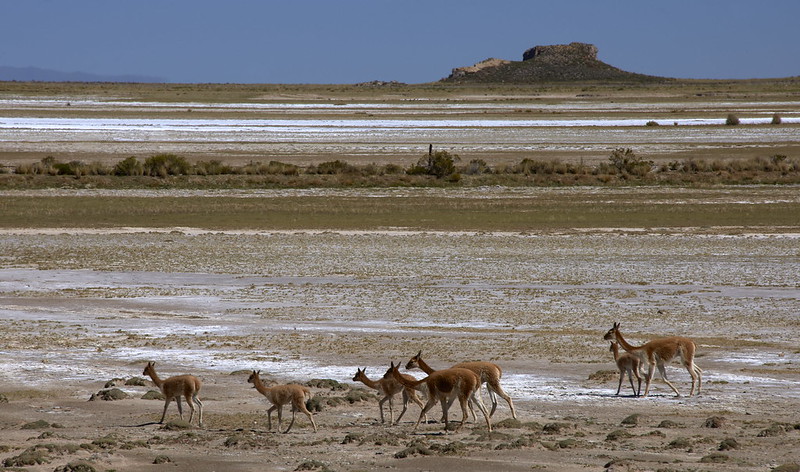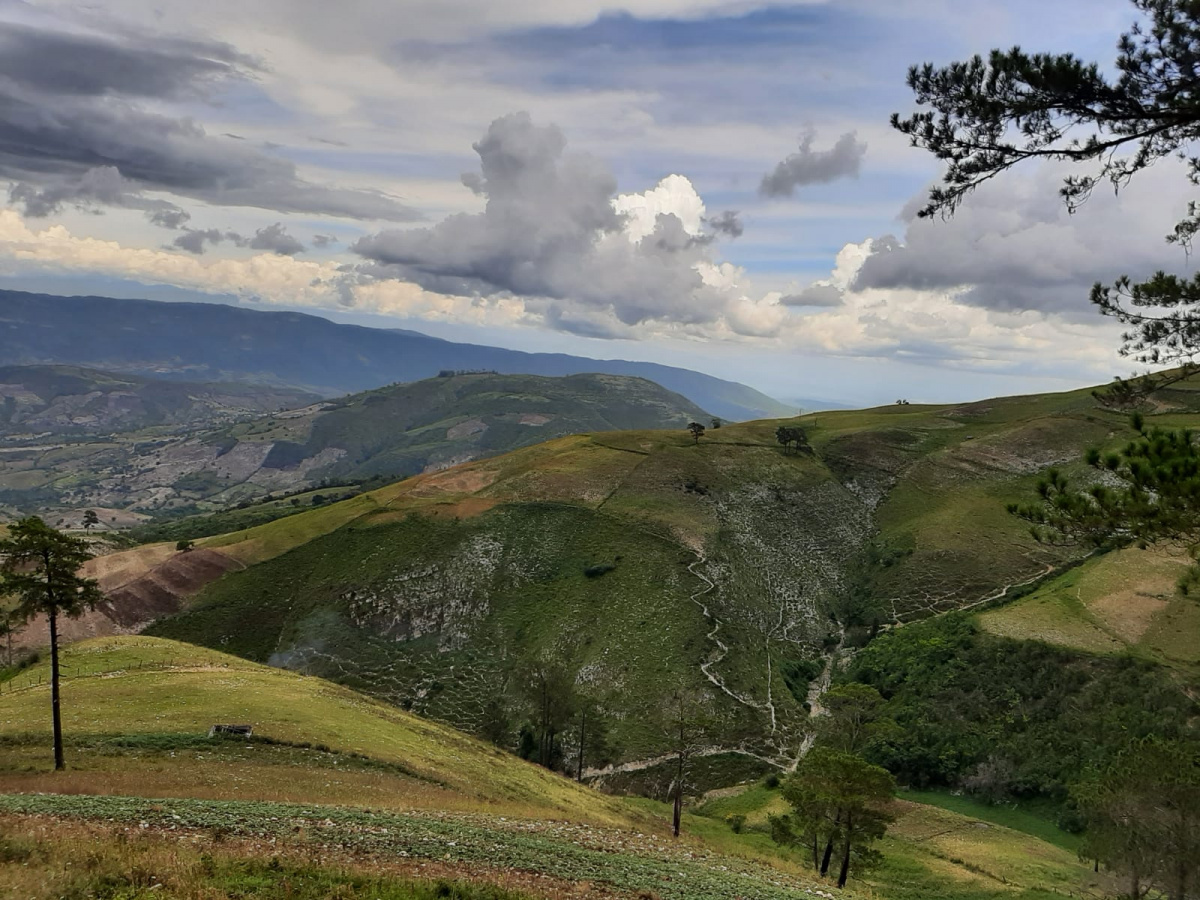Forest and Farm Producer Organisations show “Strength in Numbers”
A joint Forest and Farm Facility (FFF) and International Family Forestry Alliance (IFFA) publication unveiled today at the European Development Days (EDD) provides practical examples of the involvement of many of the most marginalised in the global quest to fulfil the Sustainable Development Goals (SDGs)

Photo: UNFAO and Agricord
The new publication, Forest and Farm Producer Organizations – Operating Systems for the SDGs, is actually framed in the context of working toward SDGs and contends that producer organisations can and should be seen as an integral part of the SDG agenda. By offering case studies in 19 countries spanning the globe from Mexico to Bolivia, Sweden to Zambia, and Nepal to Indonesia, it builds on the discussion of how Forest and Farm Producer Organizations (FFPOs) not only provide indispensable services to their members, but also encourage sustainable practices that serve their environments well.
A collaboration between the Food and Agriculture Organization of the United Nations (FAO) and Agricord, this publication includes the work of the other members of the FFF -- namely the International Institute for Environment and Development (IIED) and International Union for Conservation of Nature (IUCN), along with IFFA to “raise awareness of the ways in which effective FFPOs can bring rural populations into the global agenda for development.”
By approaching this body of work through the lens of five principal themes: improving lives and economic wellbeing, strengthening environmental stewardship, developing social cohesion, fulfilling human capabilities and establishing inclusive partnerships, links to all 17 SDGs are either demonstrated or reinforced. By highlighting the links between FFPOs and SDGs it has become clear that the rural people represented by these organisations have a critical stake in the success of these globally accepted goals.
For more insight into the publication, please visit the FAO website: http://www.fao.org/news/story/en/item/418854/icode/



